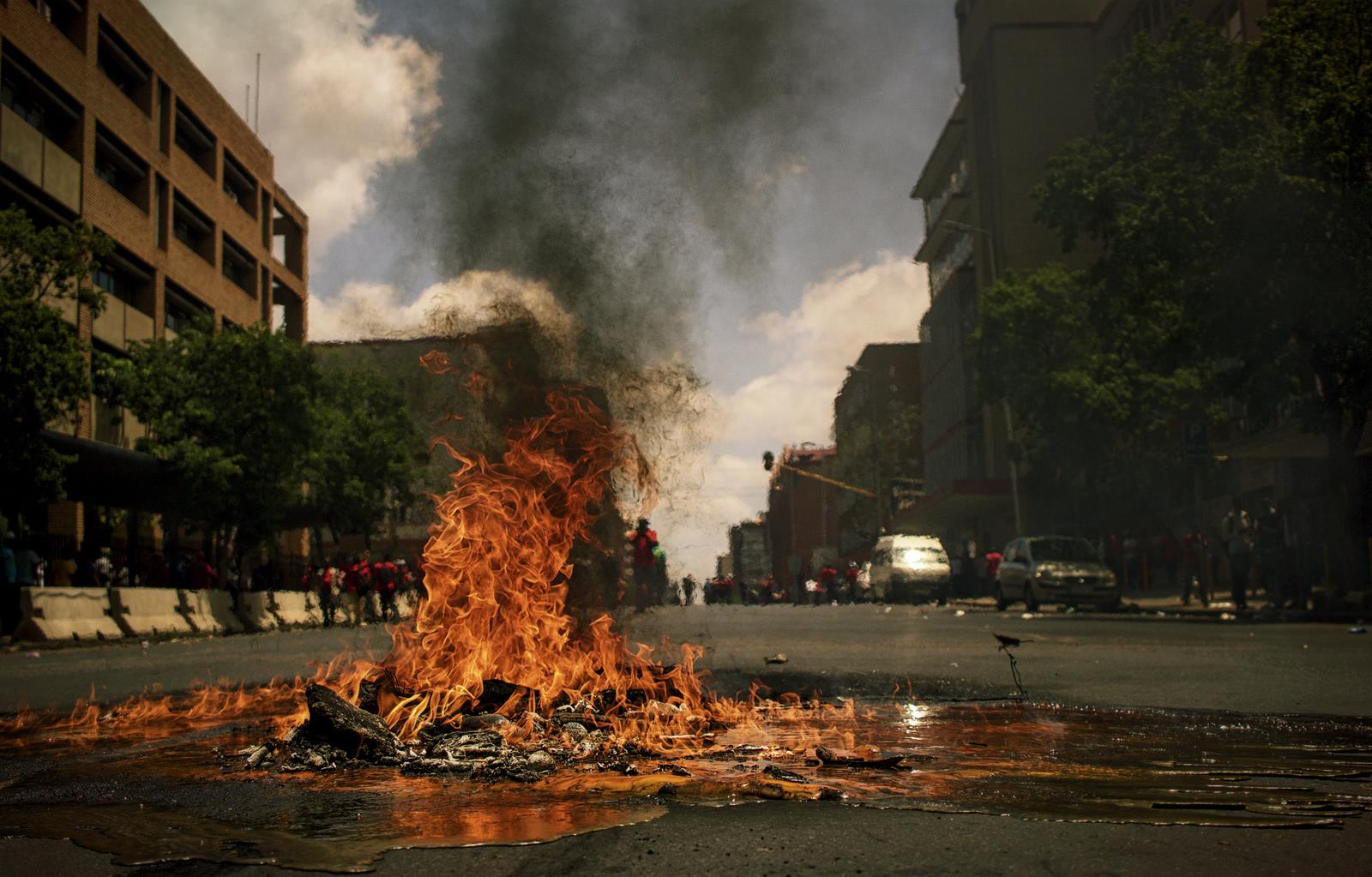What is Politics? For many readers the word Politics means different things to different people. For instance, some will immediately think of elections, the workings of parliamentary government and deliberative assemblies when they consider what Politics means to them. In contrast, other readers may use words like coalitions, coalitions of interests or special interest groups to describe politics.
Politics, for many people, is an abstract idea. It has long been known as a field involving contests of right, left, and center, but these ideas seem to be limited to formal political arenas where there are rules and structures to keep the political process under control. A much more diverse range of interests to participate in political activity, from trade unions to religious groups, and even private individuals who have special political beliefs. Political debate and negotiation often take place at the level of individual interests or coalitions of interests.
Global politics is a much broader field than either national or global politics, which means that there are multiple political systems with their own distinctive features and history. The most obvious is international politics, which involves the interactions between states and how those states interact with each other. International politics also includes politics between nation-states, although this is usually related to warring countries rather than other kinds of diplomacy. Some scholars argue that global politics has become much more important in recent years because the internet has increased the range of global citizens.
Every country has its own system of governance, which can either make life easier for ordinary citizens or harder for rulers. A political system that is suitable for an authoritarian regime in China, for instance, may be a nightmare for elected leaders in democratic countries. Every political system has its weaknesses, and each political system has been tried and tested by historians. For that reason, many scholars of politics to try to understand how different systems have been successful and why.
Political scientists who specialize in social science research attempt to describe politics as a process by which people try to outwit her opponents, whether through physical violence or political contestation. Political contestation usually goes back to the origins of human society, but modernity has greatly increased the potential avenues for contestation. Political scientists who specialize in political science research have spent decades trying to explain how politics gets accomplished, what sorts of forces shape its outcomes, and what sorts of factors facilitate or deter political competition.
Politics is most commonly understood to involve political parties and governing institutions, although one can also speak of national parliaments or assemblies, or dictatorial regimes. Political parties are organizations with recognized political parties that attempt to acquire power through popular votes and election campaigns. A political party is usually led by a leader who holds a wide range of party opinions, and depending on the policies pursued, can hold any number of seats in the parliament. Although they do not always win outright, political parties generally try to govern against competing interests. They use different tactics to achieve their goals.
Another branch of politics concerned with politics and societal organization is political theory. Politicians who specialize in political theory endeavor to describe how politics gets done. These include how various political groups have come together to form coalitions and what sorts of coalitions are formed by individuals within societies. There are also instances when groups from different societies clash because of their differing cultural norms, and how these conflicts lead to war. The study of politics and its history sometimes leads political scientists to ask questions such as: how does race or gender affect political coalitions?
One of the most important fields of study, which also pertains to politics is politics and public policy. This field seeks to understand how politics influences public policy, and its effects on co-operation and harmony between individuals. Some of the most common research topics which seek to answer the question of how politics influences co-operation include the relationship between economic status and political power, the influence of group identity on political opinions, and the impact of national identities on political coalitions. No matter how you want to view politics, chances are that you have heard a lot about it, especially if you have lived in a Western country for most of your life.
